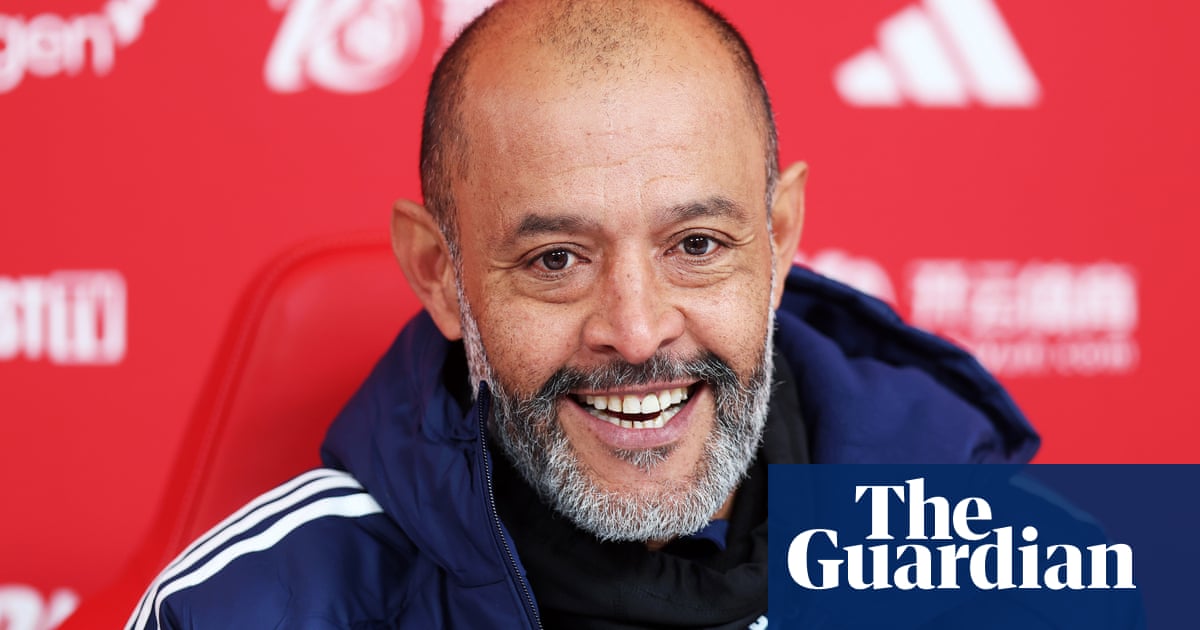
Many years from now, when films are being made about the present strangeness, it will not go unnoticed that professional football’s collective indecisiveness managed to make the government’s daily press briefings look structured and resolute.
Football is not important at the moment; one can only agree with Sir Dave Brailsford’s conclusion that sport in general has been taught its place in the overall scheme of things by the events of the last few months. Though what seems likely to be remembered is that when the gravy train hit the buffers the national sport could not agree on anything.
Not the right way to go about trimming the enormous wages of players now being mothballed, not a unified approach to the outgoings on non-playing staff in the absence of matches and gate income, not a sensible way to bring a disrupted season to an end and certainly not a timescale for when the dread prospect of fulfilling what remains of the fixture list behind closed doors may actually take place.
A Premier League conference that aimed to nail down the last detail ended last week without a satisfactory conclusion being reached. The intention is still to see the season completed but drawing up a detailed schedule was just too difficult when “all dates are tentative”. No one was particularly surprised. Everyone’s dates are tentative at the moment not just football’s and one imagines the Premier League representatives knew the futility of their task before they even opened discussions.
The very idea of trying to work out a timetable a day after the government had prolonged its indefinitely extendable lockdown policy by another three weeks was optimistic at best but the current stasis is being challenged by other sports in other countries. In addition, because of the size and complexity of the financial obligations the Premier League must find a way to discharge, it was probably felt a wait-and-see policy was not an option, particularly as the likelihood of clubs losing out-of-contract players if the season goes past 30 June is a real and pressing concern.
When, inevitably, the only course that could be agreed on was to wait and see it became clearer than ever that football does not have all the answers, or indeed any of the answers. Perhaps we should already have known that given the number of U-turns over the problem of staff furloughing in the past few weeks.
Mistakes have been made, there will be more of them, and due to the interconnectivity of football it is hard to imagine there will not be further U-turns or frantic backtracking before everything returns to normal.
Domestic leagues want their own programs completed first, which is understandable because they each comprise 20 or so clubs whose priority is to return to playing each other. Uefa, on the other hand, has a great deal invested in the Champions League, which Europe’s governing body is now saying can be played to a conclusion in late August, traditionally the time of year when the football season gets under way.
Somewhere between these conflicting desires that other football tradition, a close season, is being squeezed out of existence. Some smaller countries, such as Belgium, have already indicated a willingness to simply write off this season as spoiled and start one as normal in late summer, though that option is not really open to bigger leagues where the financial implications of promotion and relegation run into many millions of pounds.
Yet Belgium’s nuclear option is not without adherents in this country. An informal BBC survey of football fans has revealed that a majority of those who responded favored the scrapping of the present season over the unappetizing alternatives of playing behind closed doors or extending the league through summer.
Such a course has simplicity in its favor, if not fairness, though it is doubtful whether many Liverpool fans would support it. There is no doubt Jürgen Klopp’s side are acknowledged champions. Everyone from Pep Guardiola downwards was saying that months ago, though there now seems no way their success can be recognized without compromise. Liverpool do not want to win their first title in 30 years in an empty stadium and neither do they wish to see the trophy awarded to Anfield along with an asterisk after an uncompleted season.
The Spanish Football Federation has just unilaterally announced that the present top four will take the Champions League qualifying positions in the event of La Liga’s season being cut short or abandoned. That may appear a reasonable default position in the event of a worst-case scenario, though it happens that everyone in Spain’s top division has played the same number of games.
The same is not true of the Premier League, where Aston Villa, for instance, have a game in hand on most because of their involvement in the Carabao Cup final. Any notion Aston Villa may be relegated without playing that game in hand is a nonstarter, because as it stands at the moment three points would take them out of the bottom three, with Watford the most interested party in any such development.
It hardly counts as a shock that football can be complicated, its intricate possibilities and permutations are normally what keep fans going between matches. What has never been fully appreciated before is the level of complication the absence of matches would bring.
The Guardian Sport












